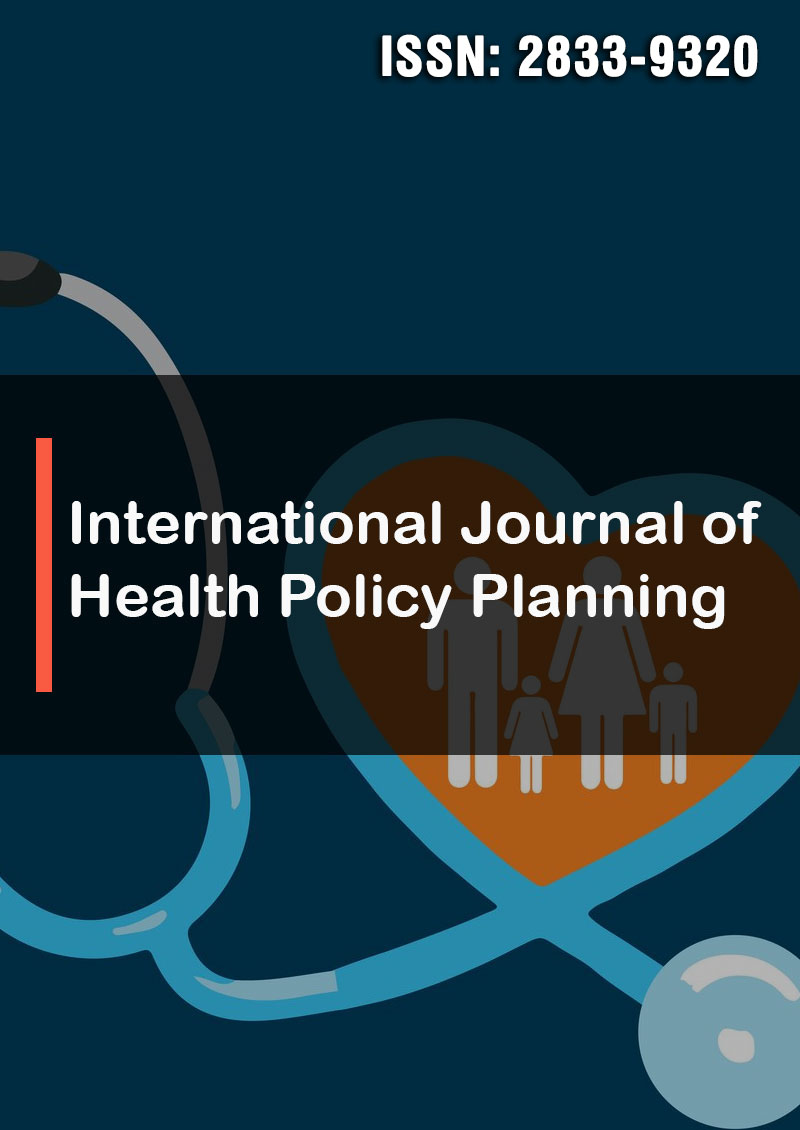Relationship between the Level of Spirituality and Medication Adherence among Adult Hypertensive Patients in Rural South Western Nigeria
Abstract
Adetunji Omonijo, Paul Olowoyo, Adejumoke Oluwatosin Omonijo, Azeez Oyemomi Ibrahim, Olayide Toyin Elegbede, Olusegun Emmanuel Gabriel-Alayode and Oluwaserimi Adewumi Ajetunmobi
Background: Spirituality has been found to drive the motivational component of the Behavioural Wheel of the Theory of Change Approach in adaptation mechanisms. Effective medication adherence has been strongly associated with good hypertension control and one way to achieve this is to leverage spirituality as a strong coping mechanism in hypertensive patients.
Method: Selection was done by systematic random sampling technique. Socio-demographic and clinical information were obtained through semi-structured interviewer-administered questionnaires. The level of Spirituality was assessed using the Spiritual Perspective Scale and medication adherence was assessed using the Morisky Medication Adherence Scale 8. Data were analysed using the Statistical Package for Social Sciences version 20.0. Statistical significance was set at p ≤ 0.05.
Results: The mean age of the respondents was 61.1±11.1 years. More than half (52.6% and 61.2%) had high level of spirituality and good medication adherence respectively. Respondents with high level of spirituality (99.4%) had good medication adherence and this was statistically significant with p<0.001.
Conclusion: Proper understanding and effective utilization of this relationship will assist health professionals and researchers in the appropriate integration of this concept into patients’ holistic care with the aim of achieving better blood pressure control among hypertensive patients.




